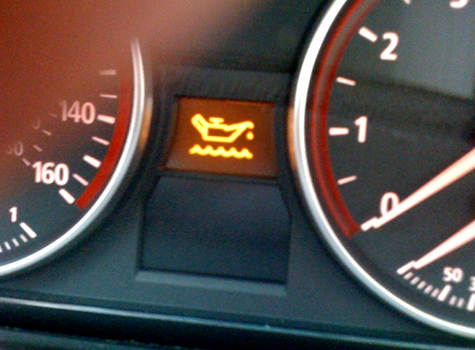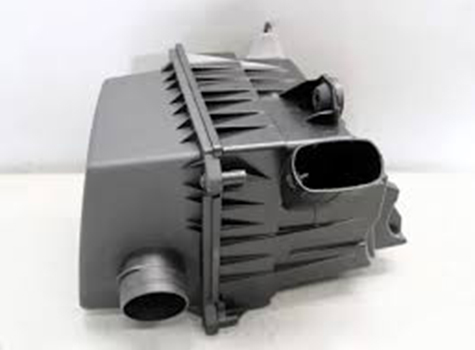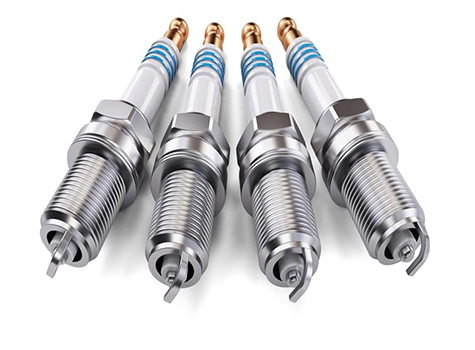BMW X7 Engine Maintenance Tips for Optimal Performance
BMW X7 Engine Maintenance Tips: Keep Your SUV Running at Peak Performance
The BMW X7 engine is a marvel of engineering, providing power, efficiency, and a smooth driving experience. Regular maintenance is required to ensure that it continues to function optimally. Proper maintenance keeps the engine running and extends its lifespan. It lets you experience the BMW X7’s luxury and reliability.
Maintaining your BMW X7 engine requires more than just regular oil changes. To keep all components in peak shape, meticulous attention to detail and strict adherence to specific guidelines are required. From checking coolant levels to examining spark plugs, every step is critical. It helps to maintain the engine health and ensure that your vehicle runs efficiently.
Regular Oil Changes

Regular oil changes are one of the most essential aspects of keeping your BMW X7 engine in good working order. Engine oil lubricates the moving parts, which reduces friction and prevents overheating. Over time, oil can become polluted with dirt, debris, and metal particles, leading to engine wear and tear.
BMW recommends changing your engine oil every 10,000 miles or 12 months, whichever comes first. However, if you frequently drive in difficult conditions, such as stop-and-go traffic or high temperatures, you may need to change the oil more frequently. Always use a high-quality synthetic oil that satisfies BMW specifications. It will provide the best protection for your engine.
Monitor Engine Coolant Levels
Engine coolant is essential for keeping your BMW X7 engine from overheating. It absorbs and dissipates extra heat from the engine through the radiator. Low coolant levels can cause overheating, resulting in substantial engine damage.
Check the coolant level on a regular basis, particularly before long journeys. Fill the coolant reservoir to the “MAX” line and ensure the fluid is clear and debris-free. If you see low coolant or leaks, have a professional evaluate your cooling system.
Replace Air Filters Regularly

The air filter in your BMW X7 prevents dirt, dust, and other contaminants from entering the engine. A clean air filter ensures the engine gets the right air-fuel mix. This is vital for efficient combustion.
A blocked or dirty air filter can damage the engine. It can reduce performance, increase fuel consumption, and cause damage over time. The air filter should be replaced every 15,000 to 30,000 miles, depending on the driving conditions. If you frequently drive in dusty conditions, try replacing it more frequently.
Keep an Eye on the Spark Plugs

Spark plugs ignite the air-fuel mixture in the engine’s cylinders. Worn or defective spark plugs can cause misfires, reduce fuel efficiency, and degrade engine performance.
BMW recommends replacing the spark plugs in your X7 every 60,000 miles. However, notice symptoms like rough idling, difficulty starting, or decreased fuel economy. It might be time to have your spark plugs inspected and replaced if necessary.
Inspect and Maintain the Drive Belt
The drive belt, sometimes called the serpentine belt, provides power to many engine sections. These include the alternator, power steering pump, and air conditioning compressor. Over time, the drive belt may wear out, break, or become loose, potentially causing engine problems.
Inspect the drive belt regularly for signs of wear and tear, such as cracks or fraying. If you notice any issues, replace the belt immediately. This will prevent damage to the engine and other parts.
Regularly Check for Engine Leaks
Engine leaks may indicate hidden problems. If overlooked, they can cause significant engine damage. Common sources of leaks include the oil pan gasket, valve cover gasket, and coolant hoses.
Examine the engine bay for leaks, such as oil stains or coolant pools, beneath the vehicle. If you notice a leak, get it diagnosed and repaired by a competent mechanic as soon as possible.
Use Quality Fuel
The quality of the fuel you use in your BMW X7 can significantly affect engine performance. Using low-quality or contaminated fuel might result in carbon deposits in the engine. It may also lower fuel economy and damage the engine.
Always use premium unleaded gasoline with an octane value of at least 91, as recommended by BMW. Avoid filling up at petrol stations with low-grade fuel. Consider utilising a gasoline system cleaner to keep your engine clean and running smoothly.
Follow the Manufacturer’s Maintenance Schedule
BMW provides a detailed maintenance schedule for the X7. It outlines when to inspect, service, or replace various components. Following this schedule is vital. It keeps your engine at peak performance and extends your vehicle’s life.
The maintenance schedule includes oil changes, air filter replacements, coolant flushes, and more. Following these guidelines will help you do vital maintenance. It will also avoid costly repairs later.
Warm Up the Engine Before Driving
In cold weather, you should warm up your BMW X7’s engine before driving. This method guarantees that the engine oil achieves the correct temperature and viscosity to properly lubricate the engine’s moving parts.
Avoid revving the engine right after starting the vehicle. It can cause unnecessary wear and tear. Instead, let the engine idle for a few minutes before driving, especially in cold weather.
Pay Attention to Warning Lights
The BMW X7 has comprehensive onboard diagnostics that monitor engine performance and notify you about potential concerns. If the check engine or any other warning light on your dashboard illuminates, repair the problem immediately.
Ignoring warning lights can lead to more severe engine problems and costly repairs. If a warning light comes on, have a qualified BMW tech inspect your vehicle. They will diagnose and fix the issue.
Summing It Up
Maintaining your BMW X7 engine is vital. It guarantees peak performance and a long lifespan for your vehicle. Follow these maintenance guidelines to keep your engine running smoothly. It is critical to perform regular oil changes, examine coolant levels, and replace air filters. This allows you to enjoy the luxury and performance of the BMW X7 truly. Regular maintenance improves the driving experience. It also protects your investment in this high-performance SUV.
READ MORE